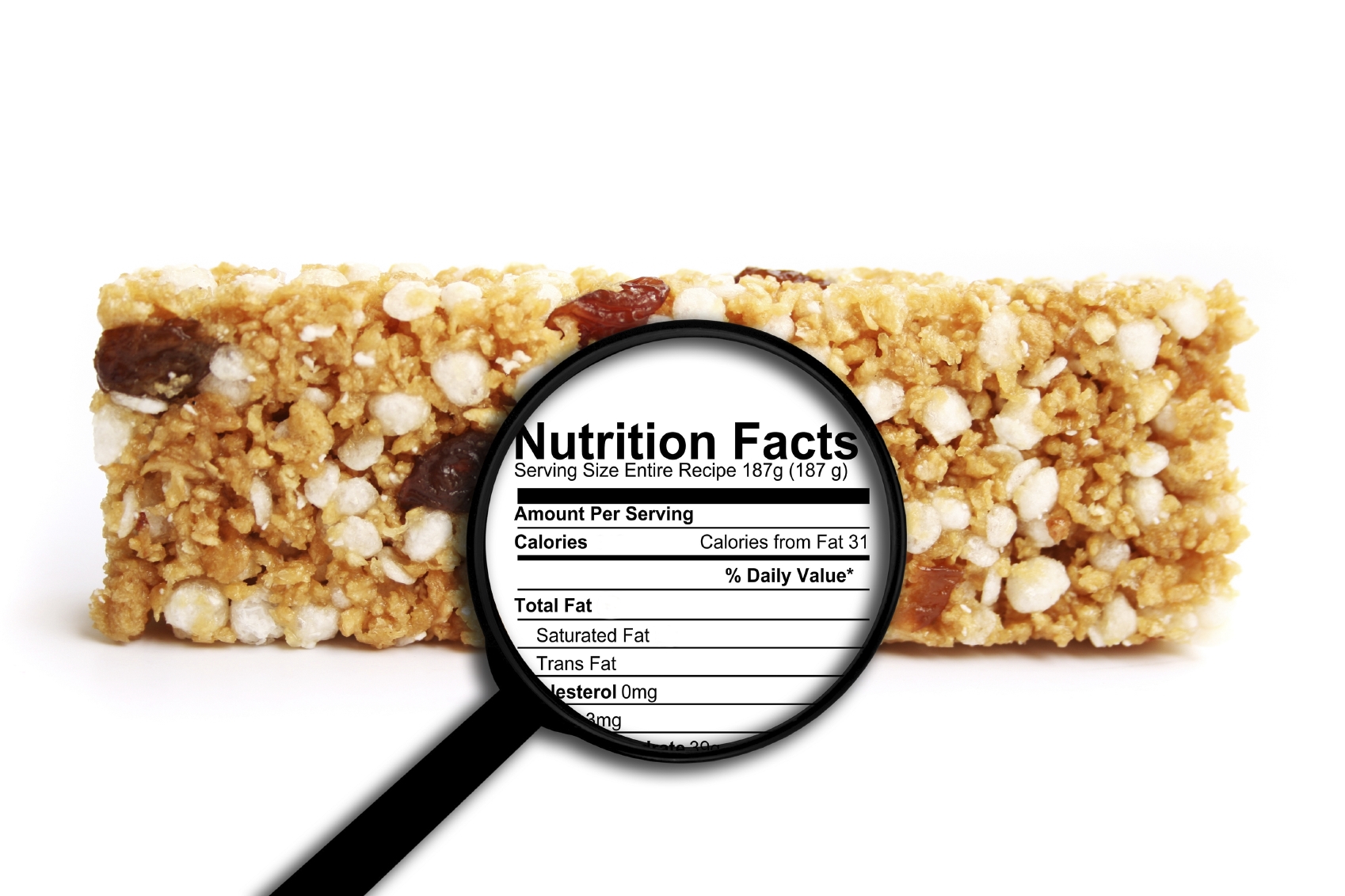You know the health benefits that come from eating the right fats… But eating the wrong fats is a whole different story. Trans fats cause up to 100,000 premature heart deaths in the U.S. each year.1 But they can also bring on diabetes and even cancer.
Now a new study reveals yet another major health threat brought on by eating these fats…
Researchers from the University of California San Diego looked at 1,000 healthy men. They were all younger than 45. Subjects had their diets assessed. After that, they each took a memory test. They saw a series of cards with words printed on them. The men had to state whether each word had already appeared on a previous card or not.
The team presented their results at the American Heart Association’s Scientific Sessions 2014. They found that men who ate more trans fats performed worse on these tests. And that’s after adjusting for factors like age, education, and depression. Men who ate the most of these fats saw a 10% reduction in the amount of words correctly remembered.
Even worse, researchers noted that each additional gram of trans fats led to almost one less full word recalled.2
According to Dr. Beatrice Golomb, “From a health standpoint, trans fat consumption has been linked to higher body weight, more aggression, and heart disease. As I tell patients, while trans fats increase the shelf life of foods, they reduce the shelf life of people.”3
The results don’t surprise us… There’s evidence that links trans fats to cognitive decline in seniors.4 But that’s seniors… These men were in their 40s. And they didn’t have any preexisting health problems.
So just avoid trans fats to keep your brain healthy, right? Unfortunately it’s not that simple.
Trans fats are sneaky. They have been in processed foods for years without you knowing. The FDA proposed that products using trans fats say so on their label. That was back in 1999… Six years after they had access to studies showing how dangerous these fats are. And then these labels didn’t show up until 2006.5 You would think that’s the end of it… But it isn’t.
The FDA’s labeling laws allow a product to claim it’s free of trans fats…even if it isn’t. They consider it “trans fat-free” as long as it has less than .5 grams per serving.
You might not think that half a gram is that much… But consider that if you’re eating a 2,000 calorie diet, it only takes 20 additional calories from trans fats to raise your heart disease risk by more than 20%.6 In other words, don’t take the risk.
Your best bet for avoiding trans fats isn’t to simply read the labels of the foods you buy… It’s to stop buying processed foods altogether. If it comes with a long shelf life, odds are there are trans fats hiding in it. Making the switch to fresh, organic fruits and vegetables will help eliminate the trans fats from your diet… It may even help protect your brain. But ditching these fats isn’t the only way to help prevent cognitive decline—or worse…
The decades’ worth of research on one natural herb is impressive to say the least… And Big Pharma knows it: they’re trying to turn this extract into a drug.
And when they do, they’ll try to sell it to you for hundreds of dollars…and who knows what kind of side effects it might come with.
You can get the safe, natural version now, for just pennies a day.
Go here to see how to get all the details on this memory miracle in your hands today.
Like this Article? Forward this article here or Share on Facebook.
References:
1http://www.ncbi.nlm.nih.gov/pubmed/16998148
2http://time.com/3593111/trans-fat-memory/
3http://www.eurekalert.org/pub_releases/2014-11/aha-tfc110514.php
4http://www.ncbi.nlm.nih.gov/pubmed/15136684
5http://www.heart.org/HEARTORG/GettingHealthy/FatsAndOils/Fats101/A-History-of-Trans-Fat_UCM_301463_Article.jsp
6http://www.ncbi.nlm.nih.gov/pubmed/20338284

